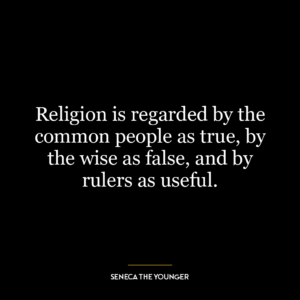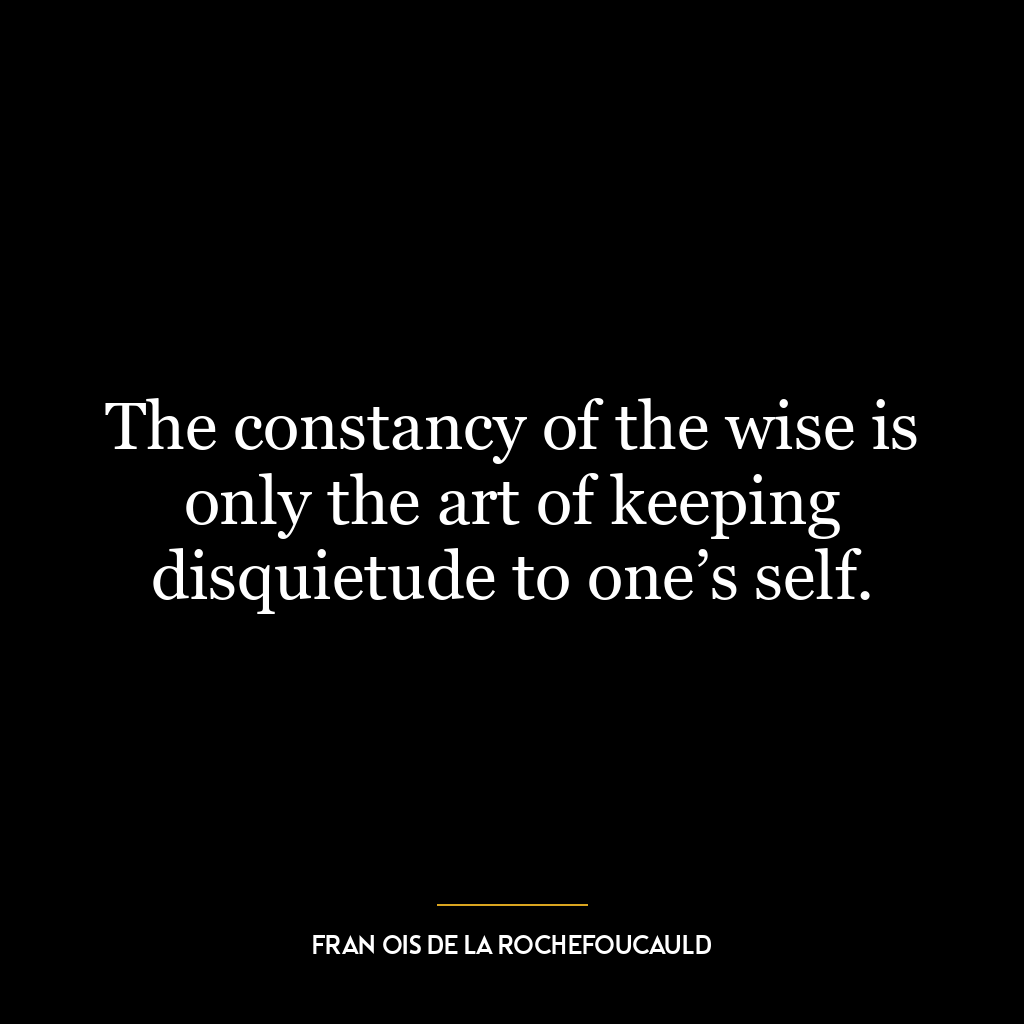The highest duty and the highest proof of wisdom – that deed and word should be in accord.
This quote emphasizes the importance of aligning one’s actions with their words, suggesting that it is the ultimate demonstration of wisdom and duty. It implies that integrity and consistency are key to a wise and dutiful life. The “highest duty” refers to the moral obligation to uphold one’s promises and commitments, while the “highest proof of wisdom” is the ability to understand and implement this principle.
In the context of today’s world, this quote is highly relevant. For instance, in politics, leaders often make promises to their constituents, but the true test of their integrity and wisdom is whether their actions align with their words. Similarly, businesses often make claims about their products, services, or corporate values. However, these claims are only meaningful if they are backed by actions.
In terms of personal development, this quote suggests that one should strive for consistency between what they say and what they do. This could mean following through on commitments, acting according to one’s values, or working towards stated goals. It also implies that wisdom involves self-awareness and reflection to ensure that one’s actions align with their words.
The practice of ensuring that “deed and word should be in accord” can lead to personal growth, improved relationships, and increased trust from others. It encourages honesty, accountability, and authenticity, qualities that are highly valued in personal and professional relationships. Furthermore, it promotes a sense of self-integrity and self-respect, as one is not merely saying things but is actively living out their beliefs and commitments.















